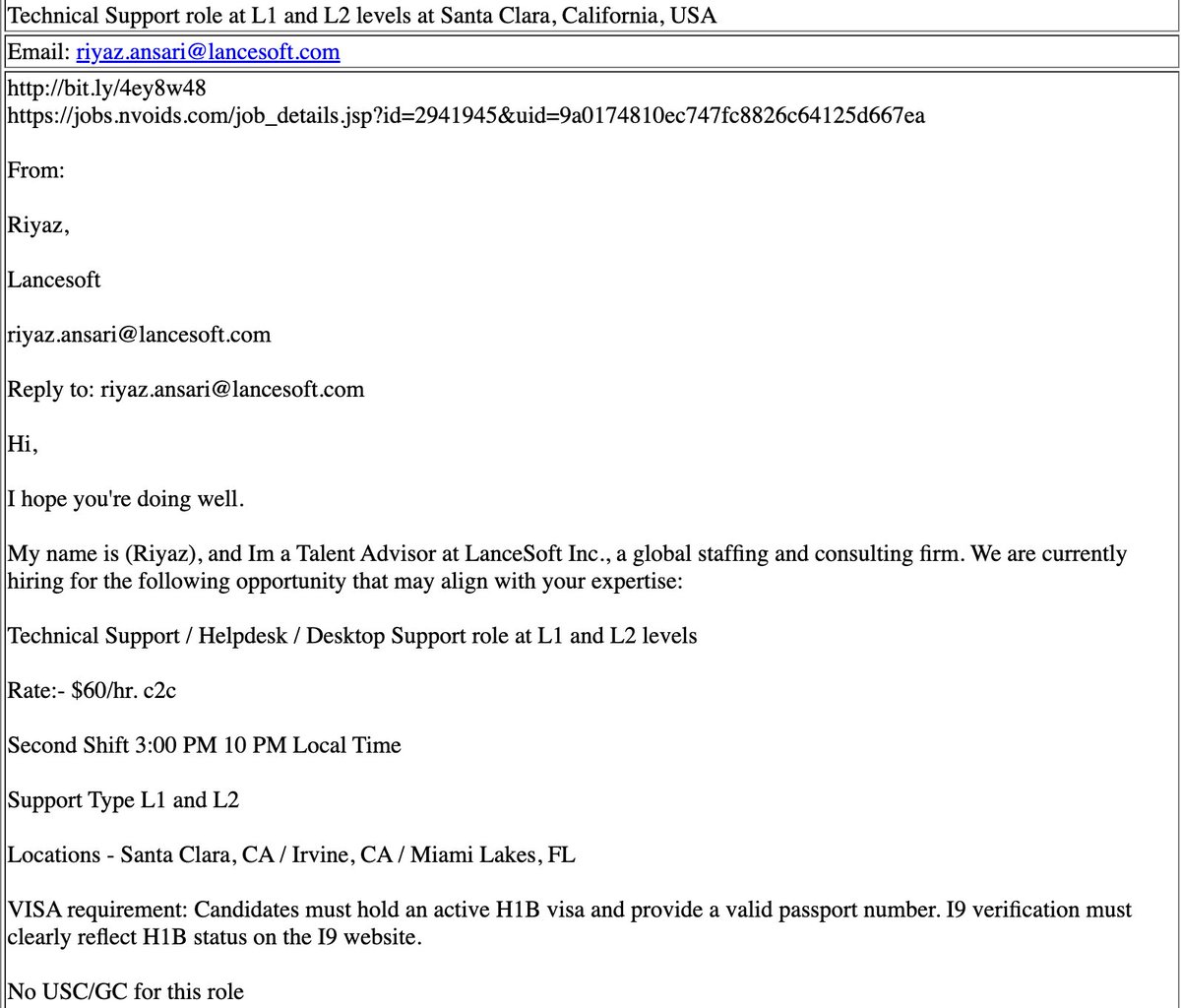On paper, there should be little pushback to transgender activism in the UK, where people have been arrested for misgendering others online. Yet critics of trans activism are now mainstream across the pond. Why?
Socialized medicine and feminist wine moms.freebeacon.com/culture/in-the…
Socialized medicine and feminist wine moms.freebeacon.com/culture/in-the…
British law and culture seem tailor-made to crush dissent on trans issues. Britain has no 1st Amendment and no religious right. In 2018, the Church of England adopted a policy of "unconditional affirmation of trans people," instructing clergy to use parishioners' preferred names. 

Yet Britain has seen a flowering of feminist organizations opposed to the excesses of trans activism. And British courts are becoming more skeptical of hate speech claims; some have reinterpreted Britain's anti-discrimination laws to protect skepticism of trans-identity. 

British medicine is also becoming more critical of childhood gender transition. After a whistleblower alleged that the NHS was prescribing puberty blockers without proper psychiatric screening, Britain's High Court effectively banned their use for children under 16. 

How did this pushback survive the legal and cultural forces arrayed against it? The answer is that trans activists in the UK are fighting an uphill battle of their own: not just against British feminists, but also against British institutions—particularly the socialist ones.
Britain's socialized health care system, for example, encourages a more conservative approach to gender reassignment than some U.S. clinics, removing the profit motive that drives the American on-demand treatment model. And British trade unions have played a role as well. 

The result has been a polarizing debate, but not along traditional ideological lines. The conflict isn't left vs. right, but an Americanized activist class vs. a motley coalition of radical feminists, secular conservatives, moderate liberals, and even some trans people. 

Two things kicked off the debate: (1) the number of children identifying as transgender in the UK increased by 4,000%. (2) Theresa May introduced a policy called "self-ID," which would have allowed people to change their legal gender without a diagnosis of gender dysphoria. 

Self-ID caused outrage across the political spectrum. Under the proposed rules, male prisoners could transfer to female prisons simply by signing a statement affirming they were transgender. No social or physiological changes would be needed, nor would a doctor's note. 

The uproar caught the Tories off-guard. Trans rights hadn't been very controversial in Britain over the previous decade. Since 2010, transgender women had been able to access most women's-only spaces, including prisons—provided they were willing to physically transition. 

It was only when activists argued that access should be based on subjective identity rather than objective benchmarks that controversy arose. People hadn't cared up to that point, said Debbie Hayton, a British transgender woman, "because they understood there was gatekeeping." 

Much of the gatekeeping fell to the NHS, which has both economic and political incentives to avoid hasty transitions.
Resources in a socialized health care system are zero-sum: The more money is spent on gender reassignment surgery, the less is left over for chemotherapy.
Resources in a socialized health care system are zero-sum: The more money is spent on gender reassignment surgery, the less is left over for chemotherapy.

A 2016 government report on transgender equality states that doctors "have a duty to ensure the [NHS's] finite resources are spent appropriately and effectively," which is "incompatible with simply granting on demand whatever treatment patients request."
publications.parliament.uk/pa/cm201516/cm…
publications.parliament.uk/pa/cm201516/cm…
Frustrated by this more conservative approach, trans activists in the United Kingdom have looked across the pond for inspiration. The 2016 report notes that "many [trans] people now favour" the laissez-faire model "used by some providers of private care in the USA." 

The US model is also favorable to trans activist groups themselves. The more people identify as trans, the larger the market for medical transition, meaning U.S pharma companies have a profit motive to fund trans activism. 

Consider that Pfizer, which manufactures testosterone injections used in hormone replacement therapy, is a “platinum partner” of the LGBT advocacy group Human Rights Campaign.
labeling.pfizer.com/showlabeling.a…
hrc.org/about/corporat…

labeling.pfizer.com/showlabeling.a…
hrc.org/about/corporat…


Socialized medicine doesn't always result in cautious caregiving. Before puberty blockers were put on hold in Britain, overburdened clinicians had been prescribing them without thoroughly assessing patients—in part because caseloads had grown too large to manage. 

But the resulting outcry illustrates another safeguard built into the NHS: It is funded by the British taxpayer, which means its decisions are intrinsically political. People don't want to foot the bill for risky treatments that a young person might later regret. 

The idea that transitioning is a private matter between patient and doctor makes sense in the United States, where the public isn't footing the bill for most treatments. It makes less sense in the United Kingdom, where everyone is paying for everyone else's health care.
Furthermore, 87% of Brits say they are "proud" of the NHS, making the service more popular than the armed forces or the royal family. So when LGBT groups attack the NHS for long wait times and restrictive guidelines, they are attacking an object of British patriotism. 

British socialism also helped mobilize pushback to self-ID, especially among middle-class mothers. The most outspoken opposition groups were started by women in trade unions, which have a long history of grassroots organizing in the United Kingdom. 

The unions themselves supported self-ID, but many of their members did not, and it was those disgruntled unionists who founded Women's Place UK, Fair Play for Women, and other grassroots groups. When they did, they brought their experience of labor activism with them.
"Leftists simply have more practice at organizing," said @moveincircles. Some of that organizing has involved civil disobedience. In 2018, for example, a group of women went swimming at a male-only pool in London, saying they "identified" as men. 

The protesters had gotten to know each other through a UK parenting forum called Mumsnet, which is sometimes described as "Prosecco 4chan." The site's pseudonymous user base has become an unlikely font for grassroots mobilization, in part because most Mumsnetters are women.
"Mothers as a group are very pragmatic," @moveincircles said. "You can argue about Marxist theory until the cows come home, but if a child needs feeding a child needs feeding." 

That maternal pragmatism has defined the groups campaigning against self-ID, some of which spun out of Mumsnet threads. The groups don't spend much time debating the metaphysics of gender, focusing instead on how to balance trans rights against the interests of biological women. 

While a few members are genuine TERFS, most have no philosophical objections to transgenderism per se. They are merely worried about the more extreme policies being proposed by trans activists, whose pronouns they consistently use.
The coalition even encompasses some trans people who fear the activists are courting a backlash. "It only takes a drip-drip-drip of bad cases to eat away at acceptance we'd taken for granted," said Hayton, who elaborated this point in @Quillette:
quillette.com/2018/03/30/ple…
quillette.com/2018/03/30/ple…
"This is not a debate between trans people and women," Hayton added. "It's a debate between sound common sense and ludicrous policy based in fantasy." 

Now, united by a common enemy, this improbable alliance is bearing fruit. The moral of the story is that having good arguments isn't enough; winning the culture war requires institutional capital.
"This isn't really a question of free speech," @moveincircles said. "It's a question of institutions and power." As she sees it, the Mumsnetters succeeded because they had the right attitude: "If you won't give us any power, we're going to fucking take it." 

• • •
Missing some Tweet in this thread? You can try to
force a refresh




















